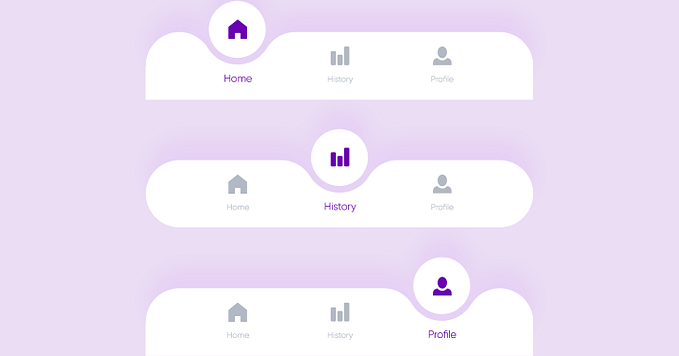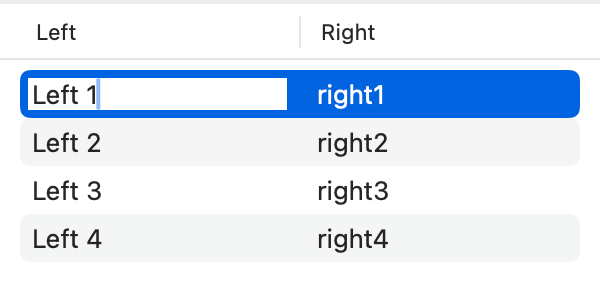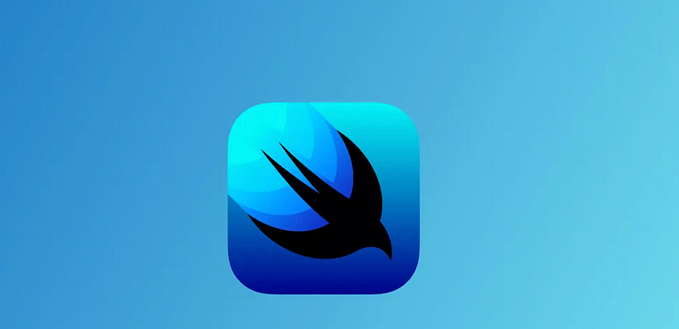The recipe for a promising Junior UX Researcher (part 3)
This article is the third of a series of articles on the essential skills to be a promising UX Researcher.
…And head over here if you missed the second part 👀
Disclaimer
I wrote this series of articles to help aspiring UX Researchers in identifying what skills and qualities they must have to enter the field of UX Researcher. However, I am not a recruiter. I am just a senior UX Researcher who will speak from experience regarding what is needed on a day-to-day basis.
This set of qualities is not intended to be exhaustive, and the field of UX Research is always evolving. What is true now might not hold true soon so… keep learning.
Let’s resume our three-course meal on the qualities of a good UX Researcher 🍽️
🎁 Get to the bottom of this article to get your link to my podcast! 🎙️
Nice to haves
Take a dessert: Interests

It is, in my opinion, necessary to be interested in Design and Innovation. In the end, ask yourself: Why do you want to be a UX Researcher? The answer likely is (at least what is oftentimes communicated to me) that we want to improve people’s lives by designing innovative solutions that answer their problems. As Design and Innovation are part of the UX process, it is natural that having an interest in it will make things easier for you.
However, I would challenge this last statement. I believe the most important when it comes to UX Research is to be in love with identifying problems and formulating problems. That is it. In the end, it only comes down to it. You have to have a passion to identify problems more than finding solutions. There can be a million solutions to one problem. But solutions do not help if you use them to solve the wrong problem. That is why UX Researchers are here.
Finish with a coffee: Background

In general, companies will ask for a background related to human sciences, social sciences, cognitive psychology, neuroscience, design…
I feel the most important is to be curious and ready to learn. In the end, you need sensitivity to understand the user and know a few core principles regarding the human mind. But it would be lying of me to say that a cognitive psychology master or neuroscience master will tell you everything you need to be a UX Researcher. It is true, and at the same time, it is not. I have a master’s in Neuroscience myself, and I can tell it definitely helped me enter naturally the UX Research field. In fact, it told me everything that is requested for junior UX Researchers to know: qualitative and quantitative research skills, analysis skills, and core cognitive principles.
However, after 7 years in the field, I still feel I need to learn. In all these areas. It is the beauty of dealing with the human mind.
It will also depend a lot on your preference. Some people might prefer to be guided, while others manage perfectly to learn alone. Chose what is best for you.
And now I close this series of articles on the necessary skills to be a UX Researcher! I hope that you liked it.
Follow me for more articles and stay tuned for more articles to help you transition to UX Research or grow as a UX Researcher 👀
As promised, get to listen to my podcast here 🎙️
Hope you like it! For any comments and suggestions please reach out as it would help me greatly to improve the content 🙏🏼








